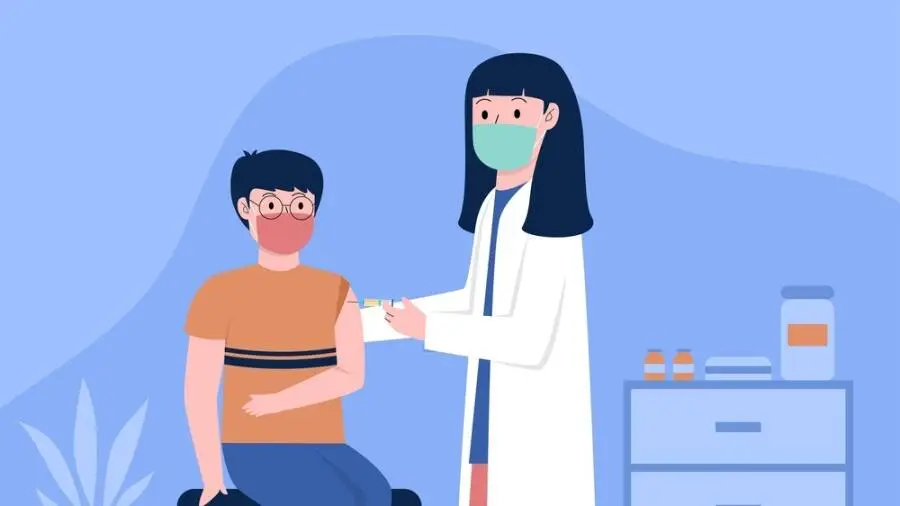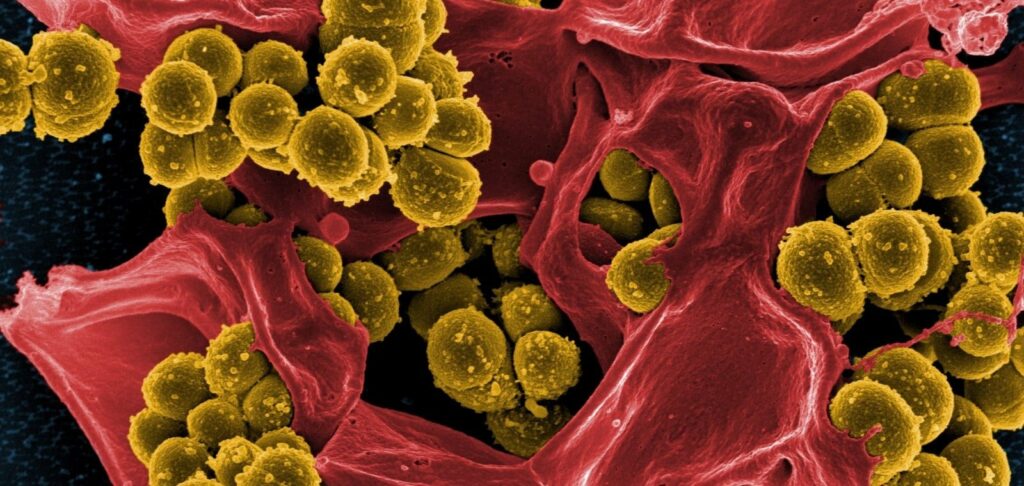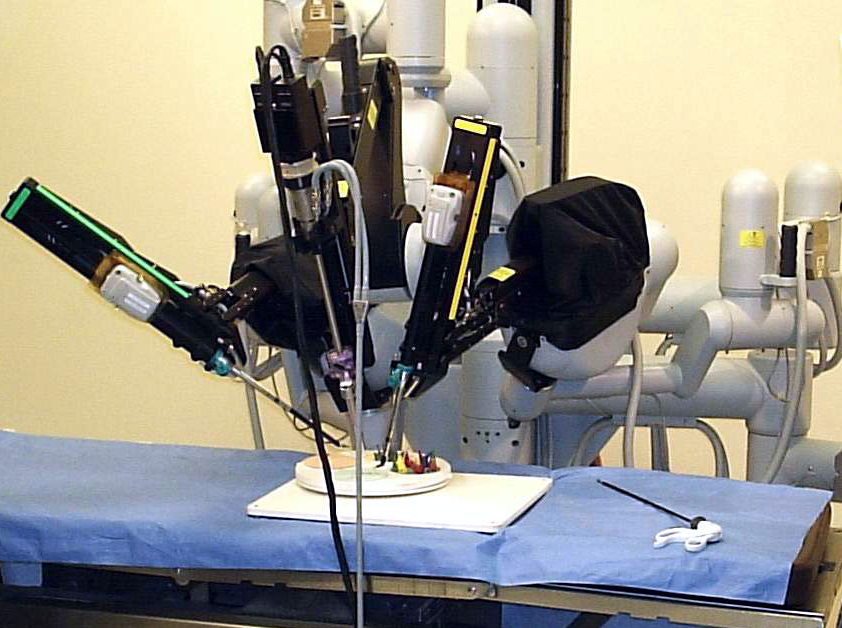
History of the issue
Vaccine diplomacy is not a new phenomenon. The creator of the first-ever vaccine, Edward Jenner, gained international recognition in the early years of the 19th century and advised various countries, such as Russia, Spain, Turkey, Canada, and Mexico, on how to prepare and administer a smallpox vaccine. And from 1803 to 1815, during the Napoleonic War between England and France, Jenner performed direct diplomatic functions, including the release of prisoners. And he did it very successfully, because his authority in Europe was very high. Napoleon himself once said: “We can refuse nothing to a man like Jenner.
Almost a century later, scientists from the Pasteur Institute created a wide network of laboratories in French-speaking countries of Indochina and North Africa to prepare and administer rabies vaccines. And a scientist from Berdyansk, Vladimir Khavkin, worked in India, inoculating people against cholera and plague. Today, the Khavkin Institute in Mumbai is an important center of microbiological research.
In the second half of the 1950s, the creator of the polio vaccine, Dr. Albert Sabin from the United States, frequently traveled to the USSR and collaborated with his Soviet virologist colleagues. Many experts attribute the success of the smallpox eradication campaign to the rivalry and, at the same time, cooperation between the Soviet Union and the United States.
Vaccine diplomacy also flourished in the last decades of the 20th century. According to WHO, the Health as a Bridge to Peace project has used vaccines during military conflicts to negotiate so-called “days of calm” in more than a dozen countries, including Afghanistan, Angola, Chechnya, Congo, El Salvador, El Salvador, Guinea-Bissau, Iraq, Lebanon, the Philippines, Sierra Leone, Sri Lanka and Sudan.
Traditionally, vaccine diplomacy has been a tool of wealthy countries sharing their technology and products with less developed states that were of geopolitical interest to them. However, during the COVID-19 pandemic, the usual scenario changed. Western countries focused primarily on vaccinating their populations, a large proportion of whom were at risk due to increased life expectancy and the rise of chronic diseases such as obesity and hypertension.
To help, the West has opted for multilateral schemes such as Covax, which have not yet been very effective. In general, developed countries have bought up most of the available vaccines a year in advance for themselves. And it is this “vaccine nationalism” that has created the space for other countries to start practicing vaccine diplomacy.
Rivalry between India and China
The main competitors in the field of vaccine diplomacy were India and China. Both countries have approached COVID-19 vaccines as a matter of national pride. China has a number of candidates, including CoronaVac from the pharmaceutical company Sinovac, and a Sinopharm vaccine already approved in China itself. The Serum Institute of India is producing AstraZeneca’s vaccine under license under the trade name Covishield. And Bharat Biotech International and the Indian Council of Medical Research have developed a vaccine known as Covaxin.
India “entered the fray” in January by distributing millions of doses of Covishield to its neighbors in South Asia for free. In doing so, it was not only building its reputation as a provider of affordable vaccines, but also vying for diplomatic influence with China. Not without reason, back on January 20, 2021, the first batch of free vaccines under the slogan “A gift from the people and government of India” was sent to Bhutan, a small kingdom with tense relations with China over disputed territories. Under the “Neighborhood First” program, by mid-February India had managed to send nearly 6.5 million free doses to Mongolia, Myanmar, Nepal, Sri Lanka, Bangladesh, Cambodia, Maldives, Mauritius and Seychelles. Notably, all these countries are in China’s focus area. With its vaccines, India has also tried to expand its influence outside the Indo-Pacific region, such as in South America and Saudi Arabia. In total, nearly 100 countries have already approached India for COVID-19 vaccines.
In the field of vaccine diplomacy, India is still beating the rest of the competition, but this is not surprising, since the game is played on its field. Even before the pandemic, the country produced about 60% of the world’s vaccines at a relatively low cost. In addition, its companies have been increasing production capacity over the past year. Today, according to Reuters, the Indian Serum Institute alone, which produces Covishield, is producing about 50 million doses a month and plans to double that number as early as April.
But India’s main trump card in vaccine diplomacy, paradoxically, has not been its strong pharmaceutical industry, but its weak health care system. Because of problems with transportation and storage of vaccines, as well as a shortage of medical personnel to administer them, the country’s vaccination campaign has been much slower than vaccine production. This is what allows India to export and give away unclaimed doses for free.
China has had no such problems, which may have prevented it from assuming the global leadership position in vaccine supply that its leaders claimed last year. While the U.S. response to the pandemic was an “America First” slogan, Beijing made deals to test, produce and sell its vaccines in Latin America, deep inside the traditional U.S. sphere of influence. China has also included vaccines as part of its Silk Road to Health initiative, using summits with Middle Eastern and African countries to offer preferential access to vaccinations alongside investments in highways, ports, 5G networks and renewable energy.
As a result, more than three dozen low- and middle-income countries signed deals with Chinese vaccine companies that were supposed to bring geopolitical victory to the Celestial Empire. However, the Chinese did not calculate their strength. Many countries, such as Turkey, Brazil and Ukraine, have experienced delays in the delivery of Chinese Sinopharm vaccines. In addition, its quality has raised doubts due to slow and inconsistent disclosure of information about clinical trials. In February, a YouGov survey of about 1,900 people in 17 countries and regions showed that most of them do not trust the COVID-19 vaccine produced in China.
And yet, despite the problems, China is trying to keep up with India in defending its geopolitical interests by distributing free vaccines. For example, back in early February, it sent half a million free doses of Sinopharm vaccine to Pakistan, a country with which India’s relations have become so strained that in 2019 it came to mutual airstrikes and aerial combat. Later, about two dozen countries, including Cambodia, Nepal, Algeria, Guinea, Congo, Sierra Leone, Mozambique, Zimbabwe, received free Chinese vaccines. And while the number of vaccines China has donated is relatively small (the largest shipment of 300,000 doses was sent to Egypt), it has surpassed India in the media. Photographs of African leaders, constantly flashed in the press, have cemented its fame as a strong player in the field of vaccine diplomacy.
A tool of geopolitics
Russia is also trying to play on the field of vaccine diplomacy, offering its vaccine Sputnik V around the world. So far, more than 50 countries – from Latin America to Asia – have ordered 1.2 billion doses of the Russian vaccine. However, limited production capacity casts doubt on the timely fulfillment of these orders. The fact is that Russia does not produce biotechnological equipment, and consequently, all its enterprises depend on supplies from China, which are now also delayed.
Traditionally, Russia tries to compensate for low exports with a lot of PR. Thus, the arrival of vaccines in Bolivia was celebrated with pomp. “Sputnik reaches new orbits,” were the headlines in the media. “We congratulate the brotherly people of Bolivia on reaching a new level in the fight against coronavirus,” read a special statement from the Ministry of Foreign Affairs. The cargo plane was met at the airport by the country’s president, Luis Arce, and the Russian ambassador. And this despite the fact that it was carrying only 20,000 doses, enough to vaccinate 10,000 people, which is incredibly small for a country with a population of more than 11 million.
Western experts believe that Russia is promising far more vaccines than it can supply, at the expense of its own citizens. After all, although this country has the third highest number of excess deaths in the world after the United States and Brazil and has its own vaccine, its immunization against COVID-19 is very low. The reason for this, though, may be that the majority of the population does not trust the domestic vaccine. In a survey conducted last fall, 59% of Russians said they were not going to get vaccinated.
Serbia has unexpectedly become the leader of “vaccine diplomacy” in Europe. Back in January, it received the first batch of almost 1 million doses of COVID-19 vaccine from the Chinese pharmaceutical company Sinopharm, and then replenished its stocks with tens of thousands of doses of Sputnik V and even signed an agreement to build a plant to package the Russian vaccine. Serbia can now boast the fastest vaccination rate in continental Europe. Not lacking in vaccines, it transfers the surplus to neighboring countries in its orbit of interest, such as Northern Macedonia, Montenegro and Republika Srpska.
Vaccine diplomacy has been used by many countries. For example, Japan provided 11.6 billion yen ($109 million) for vaccinations against COVID19 Cambodia, Laos, Myanmar, Thailand and Vietnam изза concerns about China’s influence on the production and distribution of vaccines in Asia. And Israel has agreed to pay Russia to send Russian vaccine Sputnik V to the Syrian government as part of a prisoner exchange deal.
A stumbling block to a competitor
Vaccine diplomacy, however, is not just about trying to strengthen one’s own influence. Another objective is to undermine the credibility of competing powers. For example, China’s state-run media is actively conducting a disinformation campaign against U.S. vaccines, questioning the safety of Pfizer and Moderna vaccines and promoting Chinese vaccines as a better alternative. Even the head of China’s Center for Disease Control and Prevention, George Gao, has allowed himself to publicly question the safety of U.S. vaccines because their developers used new methods rather than the traditional one adopted by Chinese manufacturers. In addition, the Global Times, a publication affiliated with the Chinese Communist Party, has published more than 20 articles in its English-language version that make negative references to India and its vaccines.
Using the “dark side” of vaccine diplomacy, Russia has already achieved a number of goals. In Latin America, it has actively spread misinformation about vaccines produced in the United States. By sending a shipment of Sputnik V to Hungary without getting that vaccine approved by EU regulators, it has helped deepen divisions in Europe. After Slovakia signed a deal to supply 2 million doses of the unapproved vaccine, a coalition political crisis erupted in the country, resulting in the resignation of several ministers. And, of course, the Russian media did not ignore Ukraine, actively discussing delays in the supply of vaccines to our country.
Finally, a series of high-profile scandals in recent months have been linked to hacker attacks on pharmaceutical companies and research centers. For example, Cyfirma, a cyberintelligence company, reported that several hacker groups, mainly based in Russia, China and North Korea, attempted to steal data related to COVID-19 vaccines in late February. Their victims included companies in India, the United States, the United Kingdom, Japan, Australia, South Korea, Italy, Spain, Germany, Brazil, Taiwan and Mexico.
Commerce versus humanity
Time will tell whether India, China, Russia and Serbia will reap long-term dividends from vaccine diplomacy. But it is already clear that the states that fall within the orbit of their geopolitical interests stand to gain in the short term. They get free vaccines and can vaccinate their populations at a rapid pace. But overall, the prospect of global health becoming a new arena of global competition and power rivalry should worry us all. A field for manipulation is being created, inequalities in access to vaccines are being reinforced rather than eliminated, and the lives of millions of people are being jeopardized.
Perhaps the situation could be balanced by involving Western countries in vaccine diplomacy. However, experts believe that for this to happen, they will have to include government agencies in the process. For now, the West prefers to leave the leading role to pharmaceutical companies, and they are mainly interested in profit. As long as these companies decide where to send vaccines and in what quantities, they will favor those who offer the highest price.
Shutterstock/FOTODOM UKRAINE photos were used



